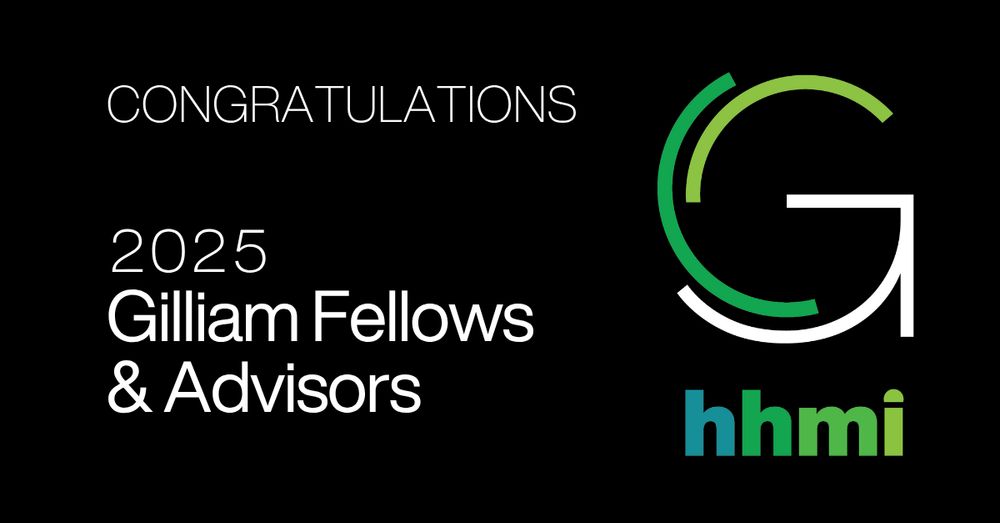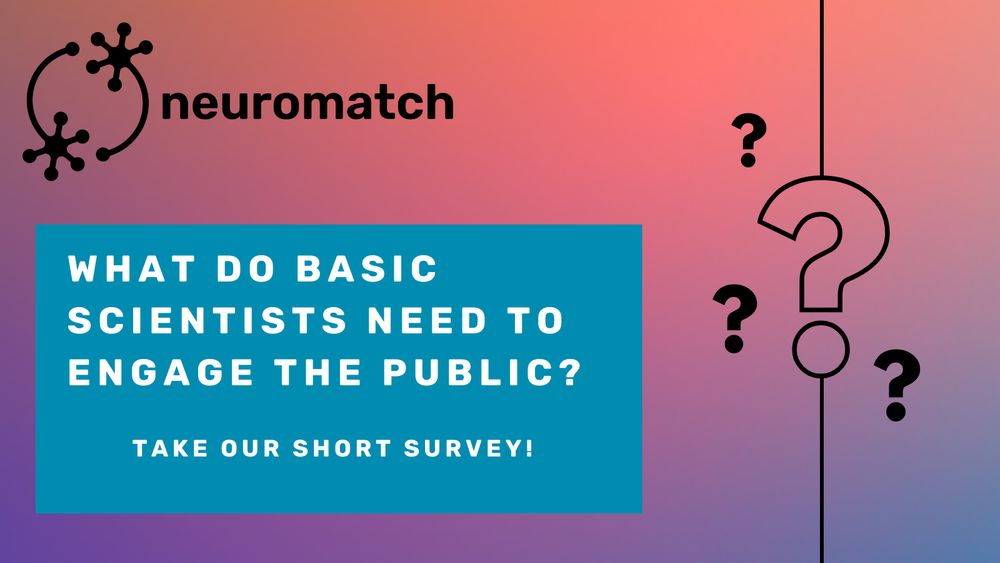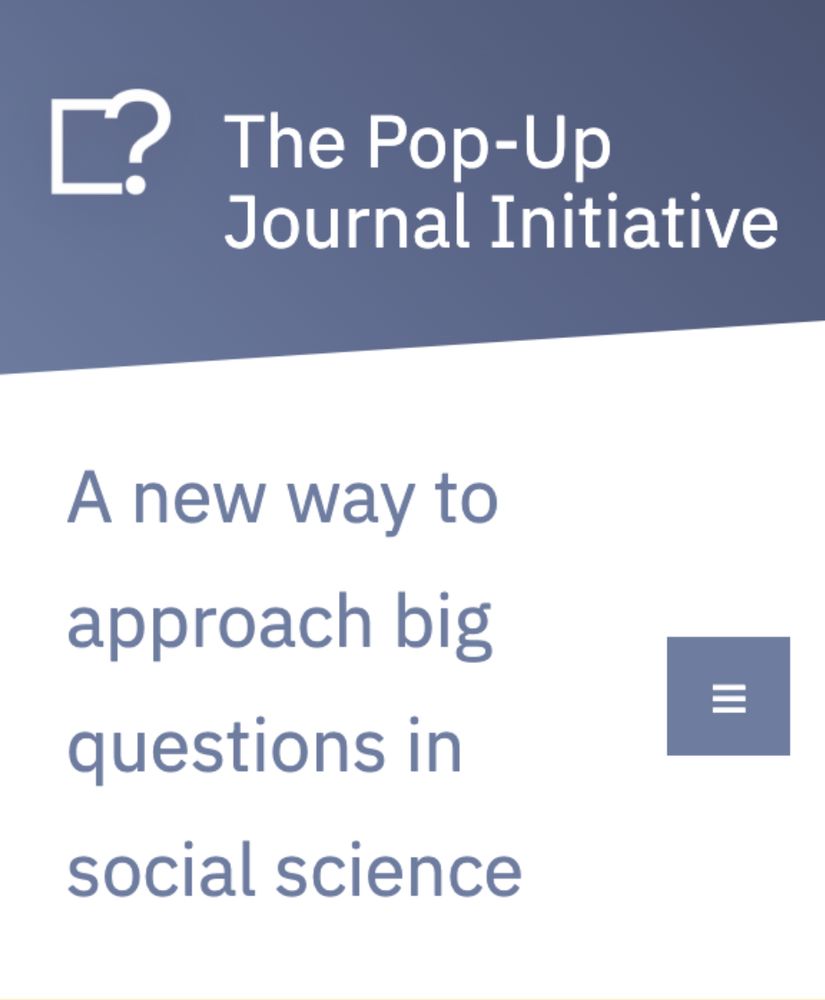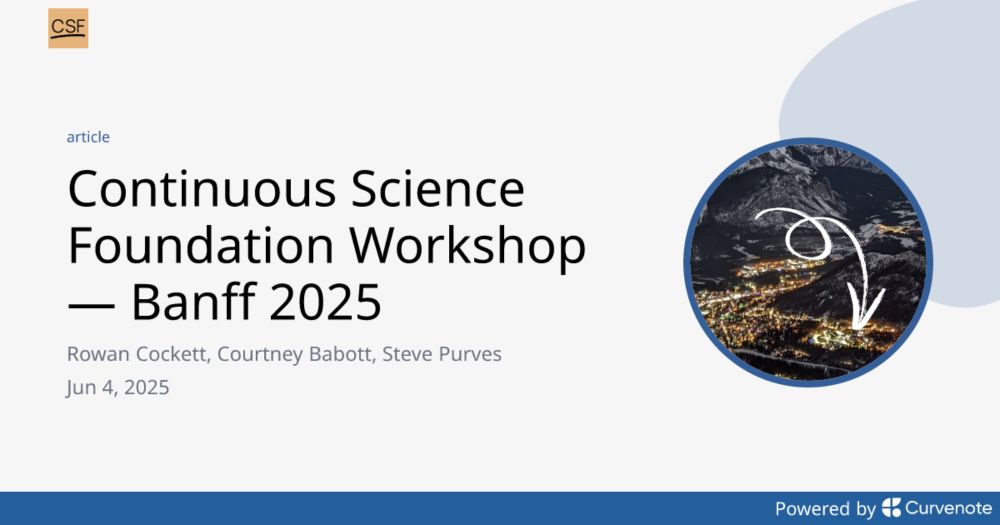Meredith Schmehl, PhD
@meredithschmehl.com
520 followers
830 following
330 posts
Neuroscientist supporting #OpenScience @HHMI.org
Connecting science & society through #SciPol, #SciComm, & community building for a more equitable & informed future
Past:
📢 Comms @ National SciPol Network
🧠 Ph.D. @DukeBrain.bsky.social
🧬 B.S. x2 @CMU.edu
Posts
Media
Videos
Starter Packs
Pinned
Reposted by Meredith Schmehl, PhD
Reposted by Meredith Schmehl, PhD
Reposted by Meredith Schmehl, PhD
Orthanc
@orthanc.nz
· Aug 9
Reposted by Meredith Schmehl, PhD
Reposted by Meredith Schmehl, PhD
Reposted by Meredith Schmehl, PhD
Reposted by Meredith Schmehl, PhD
Liz Neeley
@lizneeley.bsky.social
· Jul 1
Reposted by Meredith Schmehl, PhD
Reposted by Meredith Schmehl, PhD
Reposted by Meredith Schmehl, PhD
Luciana Machado
@machadolac.bsky.social
· Jun 16

Transparent peer review to be extended to all of Nature’s research papers
From today, all new submissions to Nature that are published will be accompanied by referees’ reports and author responses — to illuminate the process of producing rigorous science.
www.nature.com
Reposted by Meredith Schmehl, PhD
Reposted by Meredith Schmehl, PhD












